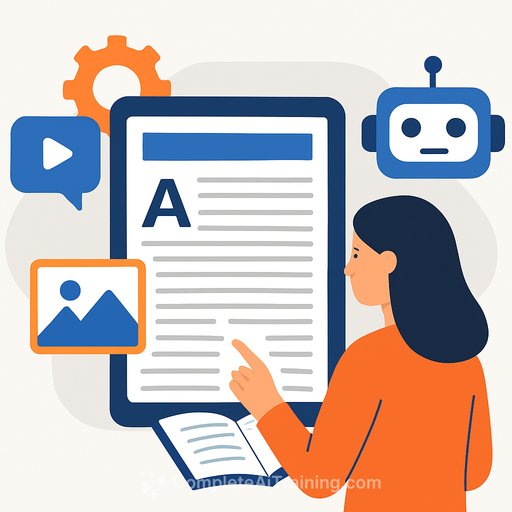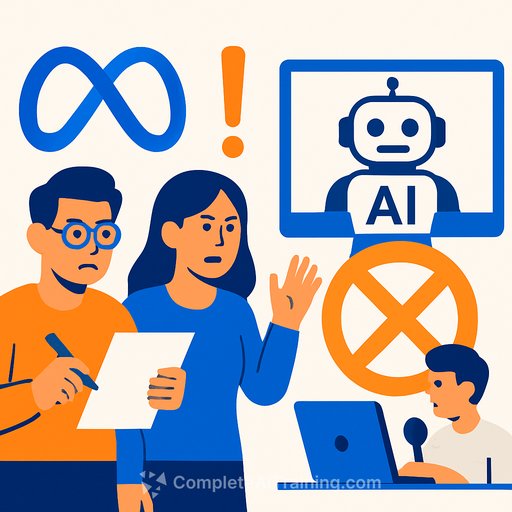Is Writing with AI at Work Undermining Your Credibility?
Over 75% of professionals now use AI tools like ChatGPT, Gemini, Copilot, or Claude to write and edit messages daily. These generative AI tools certainly make writing easier and more efficient. But how effective are they when it comes to communication between managers and employees?
A recent study involving 1,100 professionals reveals a key paradox: while AI can make managers’ emails look more polished and professional, frequent AI use can actually damage trust between managers and their teams.
The Trust vs. Professionalism Paradox
Researchers from the University of Florida and the University of Southern California explored how people perceive emails written with varying levels of AI assistance. Participants evaluated congratulatory messages with low, medium, and high AI involvement, focusing on both message quality and sender credibility.
They found that although AI-assisted writing generally appears efficient and professional, there’s a “perception gap” based on who is using AI. Professionals tend to judge their own AI use more leniently across all levels, but they become more skeptical when supervisors rely heavily on AI.
Where AI Assistance Helps—and Where It Hurts
Low levels of AI help, such as grammar corrections or light editing, are usually acceptable. However, higher AI involvement—where large portions of text are AI-generated—triggers negative perceptions, especially among employees. It raises doubts about the manager’s authenticity, care, and competence.
- Only 40% to 52% of employees saw supervisors as sincere when messages showed high AI involvement, compared to 83% for low-AI messages.
- Perceptions of professionalism dropped from 95% for low AI use to 69-73% for high AI use by supervisors.
Employees can often detect AI-generated content and interpret it as a sign of laziness or lack of genuine effort. This is particularly damaging in message types that require a personal touch—like congratulations, motivation, or feedback—where sincerity and empathy are critical.
Impact on Leadership Perception
The study highlights that heavy reliance on AI for relationship-driven communication can harm how employees view their managers’ trustworthiness. Key traits linked to leadership—such as ability and integrity—take a hit when AI use feels excessive.
Managers risk undermining their own credibility by letting AI handle messages that need a personal voice. This can weaken the emotional connection and make employees question their supervisor’s commitment and leadership skills.
Best Practices for Using AI in Workplace Writing
Managers should be mindful about when and how much AI assistance they use. Here are some practical guidelines:
- Use AI for routine or informational messages: Meeting reminders, factual announcements, and straightforward updates benefit from AI’s efficiency without raising trust issues.
- Limit AI in relationship-oriented messages: For praise, motivation, or personal feedback, keep AI involvement low to maintain sincerity and trust.
- Be transparent if appropriate: When AI helps polish a message, subtle transparency might help manage expectations and perceptions.
For writers and professionals interested in improving AI-assisted communication skills, exploring targeted training can help balance efficiency with authenticity. Resources like Complete AI Training offer courses that cover AI writing tools and best practices.
Ultimately, AI can be a valuable writing aid, but overreliance in sensitive communication risks eroding trust. Thoughtful use ensures AI supports clear, professional messages without compromising the very human connections that leadership depends on.
Your membership also unlocks:





